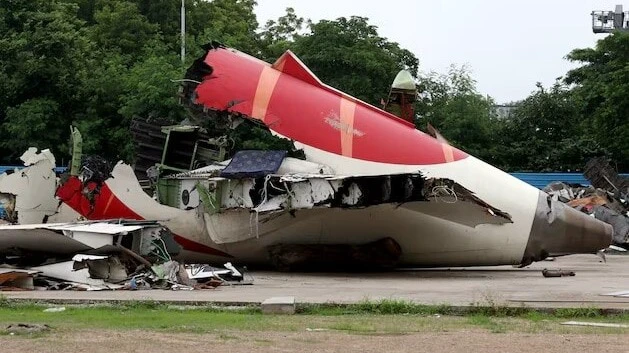As speculation mounts over the , the head of the US National Transportation Safety Board (NTSB) has urged caution, warning that recent media reports are premature and lack proper investigative context.
In a statement posted on Friday, NTSB Chair Jennifer Homendy criticised early assumptions and reporting on the incident, which claimed that the aircraft’s captain may have manipulated fuel flow switches before the crash.
“Recent media reports on the Air India 171 crash are premature and speculative,” Homendy wrote. India’s Aircraft Accident Investigation Bureau just released its preliminary report. Investigations of this magnitude take time.”
Homendy emphasised that the AAIB, which released its preliminary findings on Thursday, remains the lead investigative body in the case and deserves space to carry out a comprehensive enquiry.
“We fully support the AAIB’s public appeal, which was released Thursday, and will continue to support its ongoing investigation,” she added. “All investigative questions should be addressed to the AAIB.”
The NTSB chair’s remarks come amid speculation across the media suggesting pilot error or technical mismanagement may have led to the crash. Homendy made clear that such conclusions are not only unfounded at this stage, but also undermine the integrity of a thorough investigation.
AAIB REJECTS US MEDIA REPORT
AAIB on Thursday ,regarding a pilot’s alleged role in the Air India Flight 171 crash that killed 260 people.
In a statement, the AAIB said it was premature to conclude and added that the investigation into the plane crash is still underway. The bureau noted that its preliminary findings are meant only to outline what happened and urged restraint until the final report is released.
The WSJ, citing an assessment by US officials, reported that black box recordings suggest Captain Sumeet Sabharwal, 56, turned off the fuel control switches just seconds after Air India Flight 171 crashed into a resident doctors’ hostel in Ahmedabad shortly after takeoff.
